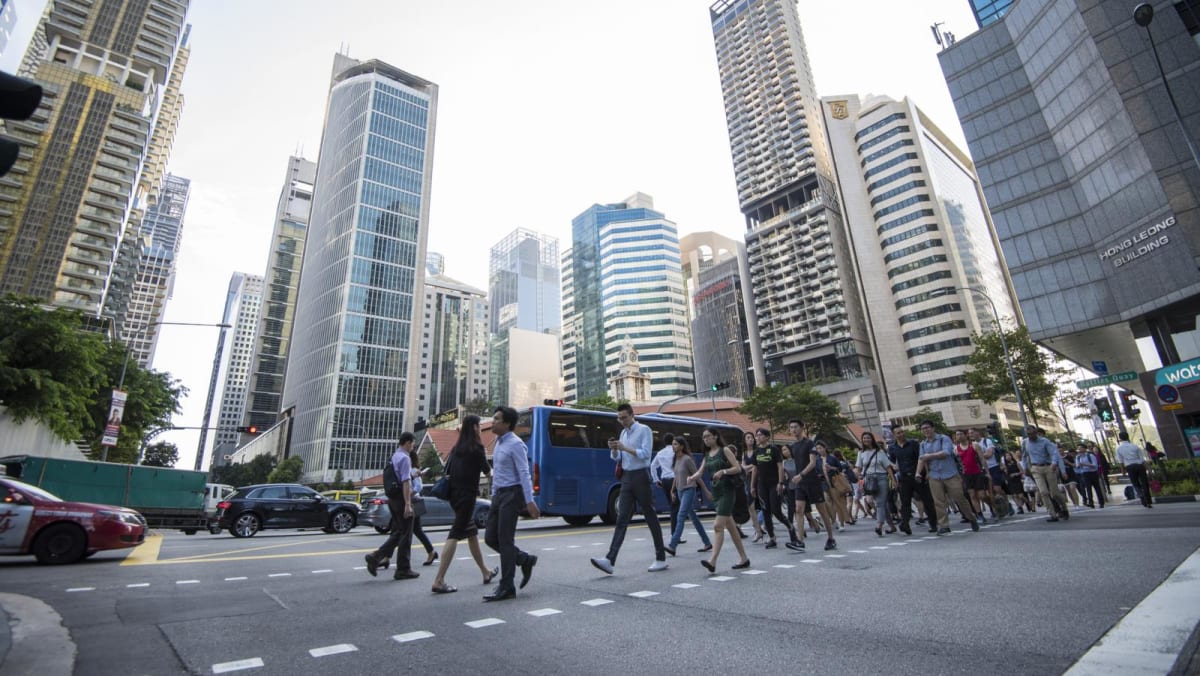CHALLENGES AHEAD
While the goal of supporting lower- and middle-income individuals is commendable, the challenges lie in the effective implementation of the scheme.
What is the exact definition of “involuntarily unemployed”? Do we include those who were asked to leave due to poor work conduct or performance? How will the government distinguish such workers?
There are also practical challenges. What training courses should be offered to align with current job market demands? Can individuals who have been away from formal learning for extended periods acquire and master new skills within six months?
Addressing these will be critical in determining whether the scheme successfully encourages employment.
If the SkillsFuture Jobseeker Support scheme proves successful, it could pave the way for the government to expand its scope, offering similar support to a wider pool of unemployed individuals.
Other schemes are already available to individuals who choose to undergo reskilling, such as the SkillsFuture Level-Up Programme. It gives Singaporeans aged 40 and above a monthly allowance of up to S$3,000 for up to 24 months if they enrol in full-time training courses.
Besides mature workers, support could be extended to employees who voluntarily take career breaks for caregiving or personal illness. Financial aid could alleviate mental and financial stress during these transitions, allowing individuals to focus on their needs without fearing economic hardship. Such measures can also reduce the dropout of talented individuals from the workforce.
By introducing the unemployment support scheme, Singapore signals its readiness to adapt to the needs of its workforce, ensuring that it remains competitive while protecting its most vulnerable workers.
Sriram Iyer is an adjunct senior lecturer in the Department of Management and Organisation, while Xu Le is a lecturer in the Department of Strategy and Policy at the National University of Singapore (NUS) Business School. The opinions expressed are those of the writers and do not represent the views and opinions of NUS.

